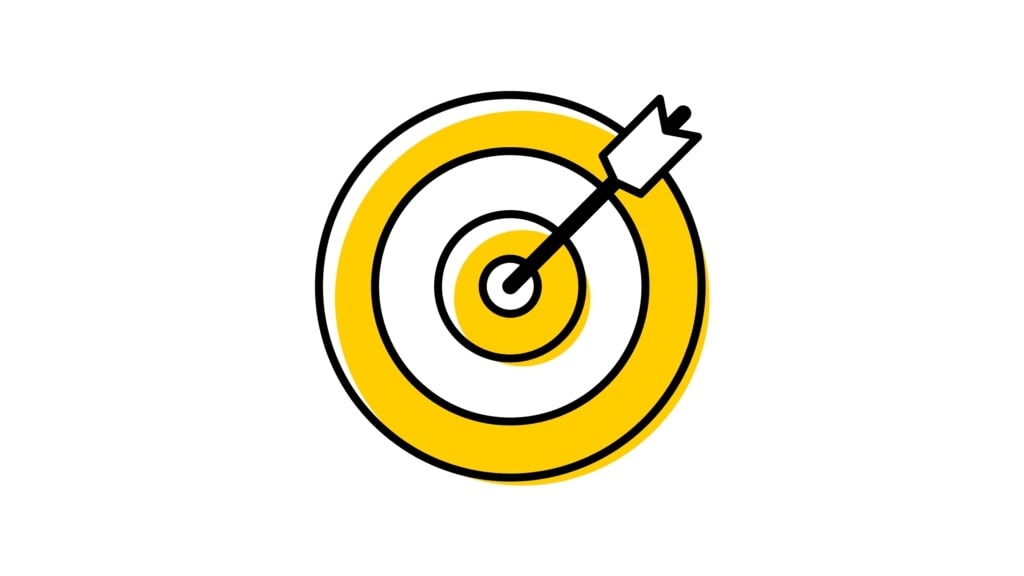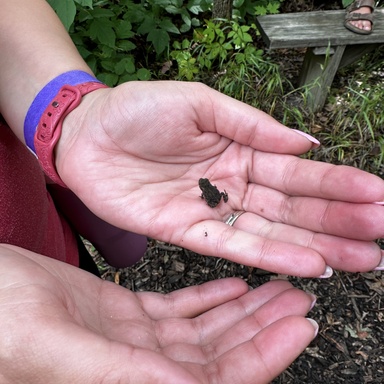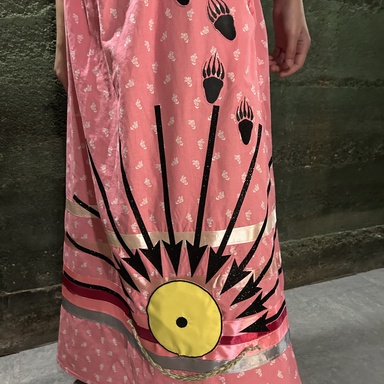Unbound: Learning without Limits is a research collaborative dedicated to supporting researchers, staff, students, and other interested individuals in better understanding how learning, instruction, and student and teacher support is facilitated in informal learning environments such as maker spaces, wilderness areas, or museums.

Our Vision
Supporting educators, learners, and researchers in creating and improving innovative learning experiences for youth and adults in our community and beyond.

Our Mission
To engage in collaborative research and design using innovative methods that extend beyond traditional teaching and learning practices into community and informal learning environments.

Our Values
In addition to the values espoused by our College of Education, Unbound embraces the following:
Learning is...
- Happening everywhere and all the time
- For everyone
- Situated in real world contexts and communities
- Active and experiential
- Collaborative
Learning research and design should...
- Support expansive learning
- Value diverse perspectives and expertise
- Serve the community
- Understand learners’ knowledge and experiences
- Collaborate with stakeholders and one another
Current Research Projects
Researchers as Learners

The purpose of Researchers as Learners was to explore biases and challenges that might take place when gathering data in nature spaces and the subsequent data analysis. The researchers and their families participated in an outdoor activity in a local park, using GoPro cameras to collect video data. Additional date included positioning narratives about the researchers history in outdoor and nature spaces. Our analysis draws on open coding techniques and the development of themes related to how biases may or may not unfold in various stages of the research process.
Status: Continuing Data Analysis.
Opportunities: Join in data analysis for new questions.
Contact: Kathy Schuh (kathy-schuh@uiowa.edu)
Experiential Learning: Knowledge Construction Links

This study explores how outdoor experiential learning impacts the formation of student knowledge links in classroom settings. Grounded in constructivism and generative learning, we examine how prior experiences influence new learning during school-based wilderness activities and how these experiences are integrated upon returning to the classroom. Using qualitative methods, we observed and recorded interactions of students from three classrooms before, during, and after attending School of the Wild.
Status: Continuing Data Analysis.
Opportunities: Coding and Data Analysis.
Contact: Kathy Schuh (kathy-schuh@uiowa.edu)
Developing Tools for Collaboration: Preparing Educators to Engage All Students in Outdoor STEM Learning

This project is a collaboration with the University of Iowa’s School of the Wild. It examines how informal and formal educators view the outdoors and outdoor learning and how these views and their participation in professional learning workshops influence their facilitation of outdoor learning experiences for young people. Project data include video recordings of professional learning workshops and outdoor learning experiences collected using wearable cameras, as well as pre- and post-surveys and retrospective focus group interviews with students and educators.
Status: Continuing data collection and analysis.
Opportunities: Join in data collection and analysis.
Contact: Kay Ramey (kay-ramey@uiowa.edu)
Making the Future

This project seeks to understand and iteratively improve STEAM (Science, Technology, Engineering, Arts, and Math) learning experiences and infrastructure. It specifically focuses on understanding and expanding the STEAM knowledge and beliefs of pre-service teachers by engaging them in hands-on STEAM learning and facilitation of an afterschool STEAM club for K-12 students. Project data include video recordings collected using stationary and wearable cameras, as well as surveys completed by both pre-service teachers and K-12 students.
Status: Continuing data collection and analysis.
Opportunities: Join in data collection and analysis.
Contact: Kay Ramey (kay-ramey@uiowa.edu)
The Future is Indigenous

This project is a community-engaged, design-based research project. It focuses on integrating old practices with new technology tools to create culturally revitalizing STEAM learning experiences for local Indigenous youth and families. It seeks to understand the interplay between identity, community and STEAM learning. Project data include video recordings collected using stationary and wearable cameras, as well as retrospective interviews and surveys.
Status: Continuing data analysis.
Opportunities: Join in data analysis.
Contact: Kay Ramey (kay-ramey@uiowa.edu)
Bridging Boundaries: Exploring Generative Learning Environments in Nature-Based Education and Traditional Classrooms
This study is focused on how to bridge the gap between the classroom learning environment and the informal nature-based learning environment. The study focuses on how subject-ness manifests in the elementary science classroom from their nature-based experience, drawing on Gert Biesta's ideas of equality of intelligence and how learning environments play a role in student subjectification (I.e., agency, freedom). This study aims to understand the important interplay between the role of informal learning environments and traditional classroom settings as teachers and students transition between the two environments.
